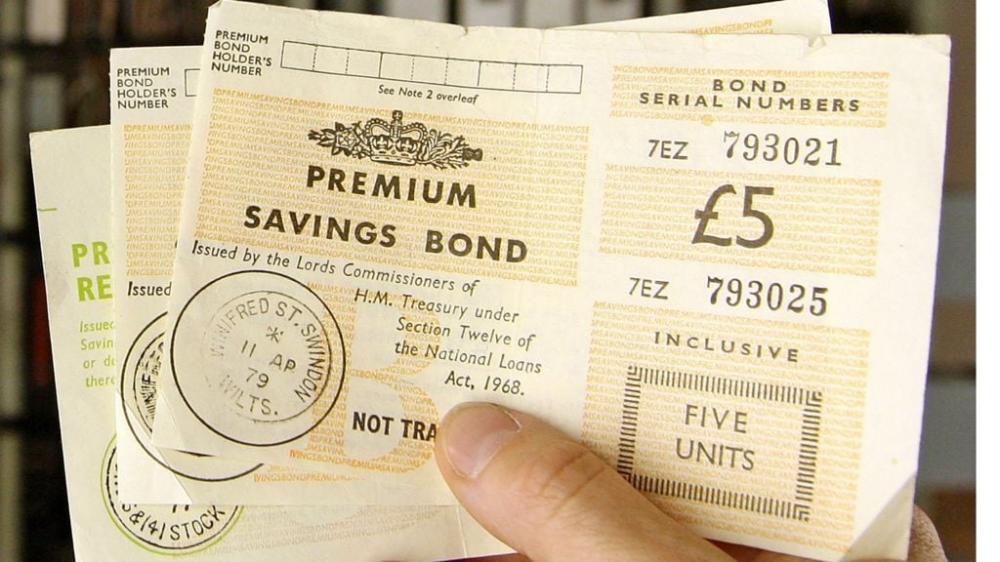
Secured and unsecured bonds are two main types of debt instruments that allow corporations and government to raise funds. It is especially important for investors to understand the difference between these two main types and their attributes. Corporate bonds can be secured and unsecured.
Corporate bonds are usually issued by companies with maturity terms within 1 to 30 years. They offer higher yields than government bonds but are riskier than government bonds. The government bonds are less risky because a government in the worst-case scenario can always issue more money to repay the debt or raise taxes.
Selling corporate bonds on the market involves a third party such as a corporate trustee or an indenture trustee. Indenture trustees can be a trust company or a bank with solid financial standing, so it can protect investors’ interests for the life of the bond. Indenture trustees authenticate the bonds when they are issued and keep track of the sold bonds. In case of a default on payments of interest or the principal amount by the corporate issuer, the trustee is responsible for enforcing the covenant of obligations by the bond issuer, however, trustees are not obligated to risk their own funds to protect the investor from bond issuers’ defaulted payments.
SECURED BONDS
Secured bonds represent safer investments because they offer risk protection against the potential default of the bond. As the name suggests, secured bonds are the bonds backed by some underlying asset, - another source of income, property, equipment, etc. There are two types of secured corporate bonds, and we can classify them based on what type of backing they have into bonds secured by 1) various assets of the bond issuer, and 2) secured by a guarantee of another company.
1) Assets-backed bonds
• Collateral trust bonds: Collateral trust bonds are the ones that are backed with securities of other companies such as stocks, bonds, notes, or other types of financial instruments that the bond issuer may own. If the bond issuer defaults, the bondholder has the right to sell the financial securities.
• Mortgage bonds: These bonds are backed by mortgages (mortgage-backed securities). Many investors consider mortgage bonds as a secure investment, as the real property provides an option to sell off the foreclosed property in case the bond issuer defaults on the debt payments.
• Equipment-backed bonds or equipment trust certificates: This type of bond security is pledged by the leasing of rental equipment that can include airplanes, sea vessels, construction equipment, and other equipment types. For instance, Delta Airlines sells bonds secured with some of their airplanes as collateral. Curiously, the value of these bonds went down due to COVID-19’s impact on the airline industry.
2) Bonds backed by the third-party guarantee
•Guaranteed bonds: A guaranteed bond is a bond that is backed by another company's guarantee to make the interest and principal payments in case the bond issuer is unable to meet the debt payment obligations on time. Underwriting a bond with a guarantee helps decrease the default risk by the bond issuer, however, it does not fully eliminate the risk of the bond issuer’s default because the company that guarantees the bond is not 100% immune from financial difficulties.
UNSECURED BONDS
• Debenture bonds: These types are issued by companies or governments with strong credit ratings. As these types of bonds are very low risk, they usually offer a low yield and are not secured by any other assets. In this case, the established creditworthiness and trustworthiness of the issuer is the pledge that the borrower will meet the debt obligations. The US Treasury bills are a good example of debenture bonds.
•Junk bonds: Junk bonds are risky investments that offer notably higher yields than lower-risk, investment-grade bonds, but also have a much higher default rate. Although some corporate junk bonds may entice investors with significantly high-interest rates, one needs to make sure to do thorough research on the junk bond types prior to investing in them.
Stay tuned with Wolfline Capital, and you will learn many insightful and useful things about capital markets and asset management.
